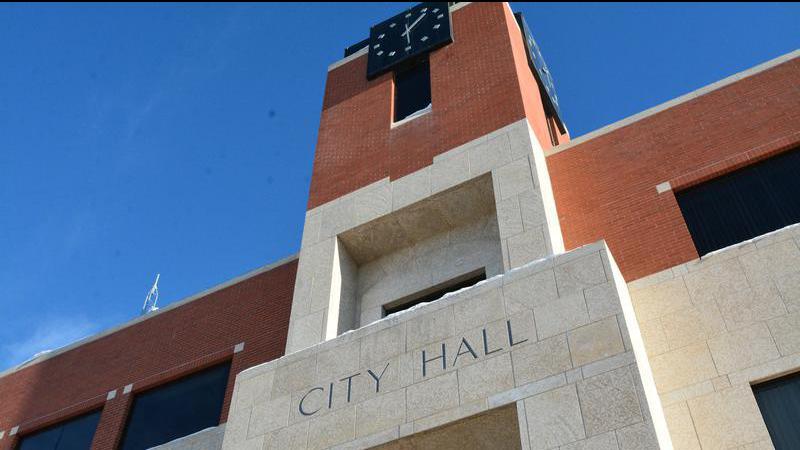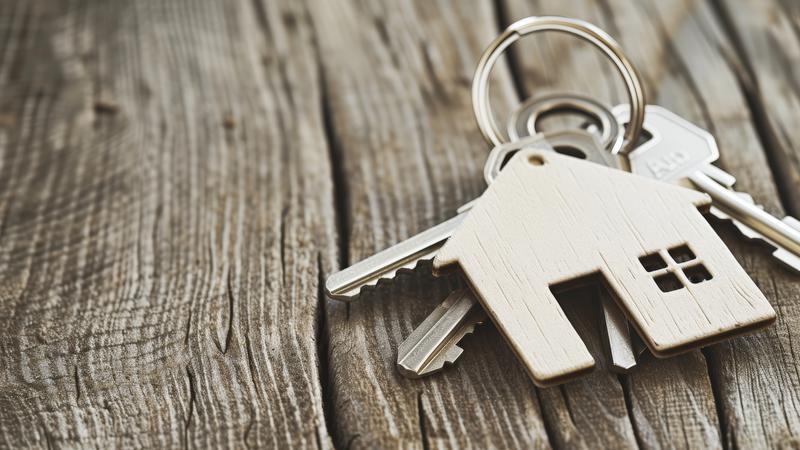
P.A. property revaluation leads to big tax bills for some
Some Prince Albert property owners—residential and commercial—are not happy about big increases to their property taxes. However, the city is reminding residents the fluctuations are due to the revaluation process that happens every four years in accordance with provincial law.
Meanwhile the mayor says such revaluations should happen every two years to help minimize some of the large fluctuations that are being seen.
“We’ll be on the government to get them to move revaluations to every two years because of the swing,” he said.
paNOW has heard from residential and commercial property owners who said their tax bills have skyrocketed. One person said their annual tax bill had jumped $500 while another said theirs had doubled. Another said they were reluctant to complain because other residents on their street faced even higher increases and they didn’t want to draw more attention to things.


